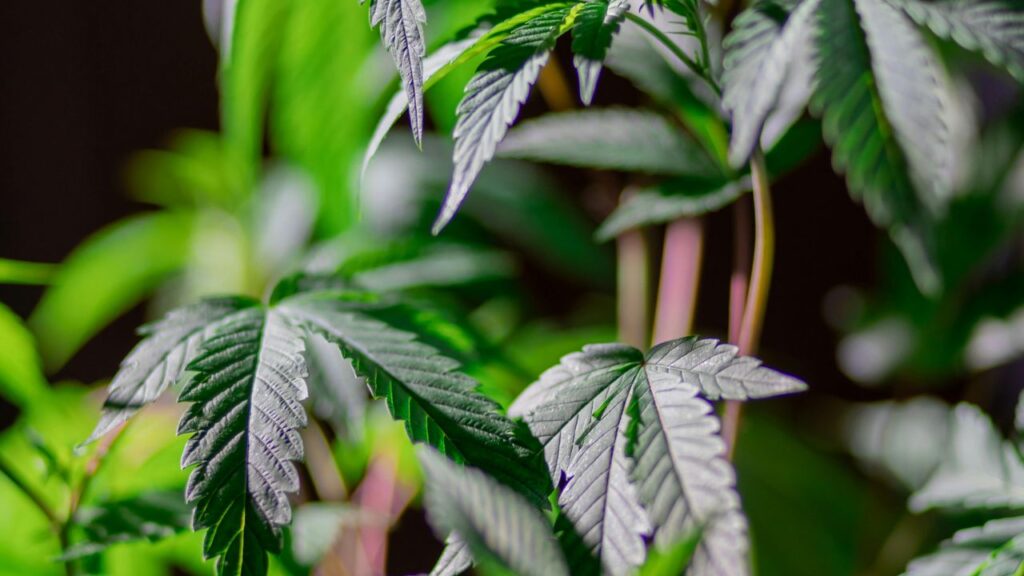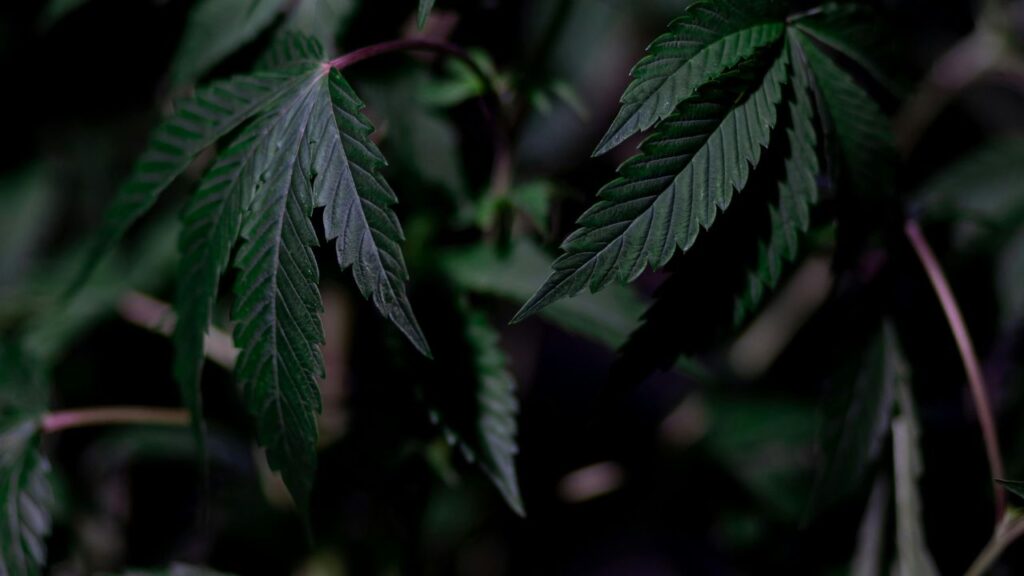Marijuana, also known as cannabis, is a widely used drug that is often perceived as harmless. Many people believe that marijuana is not addictive and does not lead to withdrawal symptoms. However, research has shown that long-term, heavy use of marijuana can result in physiological dependence and withdrawal symptoms when attempting to quit. At JourneyPure At The River, we recognize the reality of marijuana addiction and offer support for those seeking to overcome their dependence on this drug.
Understanding Marijuana Dependence
Marijuana dependence occurs when the brain adapts to the regular presence of THC, the primary psychoactive compound in the drug. THC interacts with the brain’s endocannabinoid system, which plays a role in regulating mood, memory, appetite, and pain sensation. Over time, the brain may adjust to the influx of THC, leading to tolerance and dependence.
Symptoms of Marijuana Withdrawal
When an individual who is physically dependent on marijuana attempts to quit or significantly reduce their use, they may experience a range of withdrawal symptoms. These can include:
1. Irritability and mood swings
2. Sleep disturbances, including insomnia or vivid dreams
3. Decreased appetite and weight loss
4. Restlessness and anxiety
5. Cravings for marijuana
6. Headaches and physical discomfort
7. Sweating and chills
8. Depression and anhedonia (inability to feel pleasure)
9. Difficulty concentrating and focusing
10. Gastrointestinal issues, such as nausea and abdominal pain

Factors Influencing Withdrawal Severity
The severity and duration of marijuana withdrawal symptoms can vary depending on several factors, such as:
1. Frequency and duration of marijuana use: Individuals who have used marijuana heavily for a long period are more likely to experience severe withdrawal symptoms.
2. Potency of the marijuana consumed: Higher potency marijuana, with greater levels of THC, can lead to more intense withdrawal symptoms.
3. Individual physiology and metabolism: Each person’s unique biology can influence how they respond to marijuana and experience withdrawal.
4. Co-occurring mental health disorders: Individuals with pre-existing mental health conditions, such as anxiety or depression, may experience exacerbated symptoms during withdrawal.
5. Polysubstance use: Using marijuana alongside other drugs or alcohol can complicate the withdrawal process and intensify symptoms.
Timeline of Marijuana Withdrawal
Marijuana withdrawal symptoms typically begin within 24-72 hours after the last use and can last for several days to a few weeks. The peak of withdrawal symptoms usually occurs within the first week, with symptoms gradually subsiding over time. However, some individuals may experience prolonged symptoms, particularly those with a history of heavy, long-term use.
The Importance of Professional Support
Attempting to quit marijuana without professional support can be challenging, especially for those with a severe dependence. Withdrawal symptoms can be uncomfortable and may lead to relapse if not properly managed. Seeking help from a specialized addiction treatment center like JourneyPure At The River can significantly increase the chances of a successful recovery.
Treatment Options for Marijuana Addiction
At JourneyPure At The River, we offer a comprehensive approach to treating marijuana addiction. Our evidence-based treatment options include:
1. Medically-supervised detox: Our medical team can help manage withdrawal symptoms and ensure a safe and comfortable detox process.
2. Individual and group therapy: Our licensed therapists work with clients to address the underlying causes of addiction and develop coping strategies.
3. Evidence-based therapies: We employ proven therapies such as cognitive-behavioral therapy (CBT), motivational interviewing, and contingency management to support recovery.
4. Holistic therapies: Complementary therapies like mindfulness, yoga, and art therapy can help reduce stress, improve emotional regulation, and promote overall well-being.
5. Aftercare planning and support: We develop personalized aftercare plans to help clients maintain long-term sobriety and prevent relapse.

Overcome Addiction with JourneyPure Today
While marijuana addiction may not be as widely recognized as other substance use disorders, it is a genuine concern for many individuals. Experiencing withdrawal symptoms when attempting to quit is a clear indication of physiological dependence. At JourneyPure At The River, we understand the challenges of overcoming marijuana addiction and are dedicated to providing the highest quality of care and support.
If you or a loved one is struggling with marijuana addiction, don’t hesitate to reach out for help. Contact JourneyPure At The River today at 629-222-9449 to learn more about our marijuana addiction treatment program and take the first step towards a healthier, substance-free life. Remember, recovery is possible, and you don’t have to face this challenge alone.
